Moving towards universal WASH access in the North Caribbean Coasts Autonomous Region (RACCN)
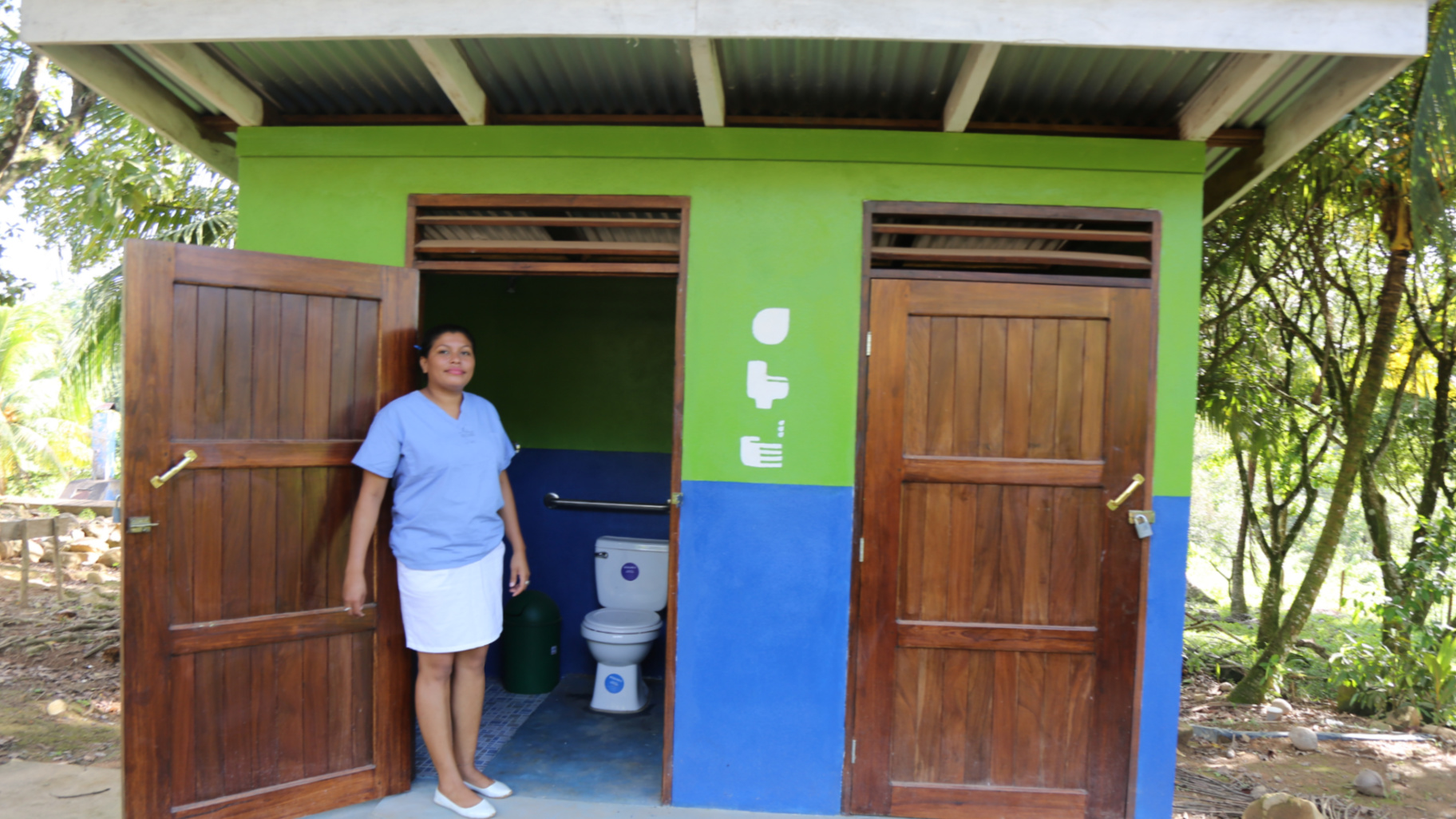
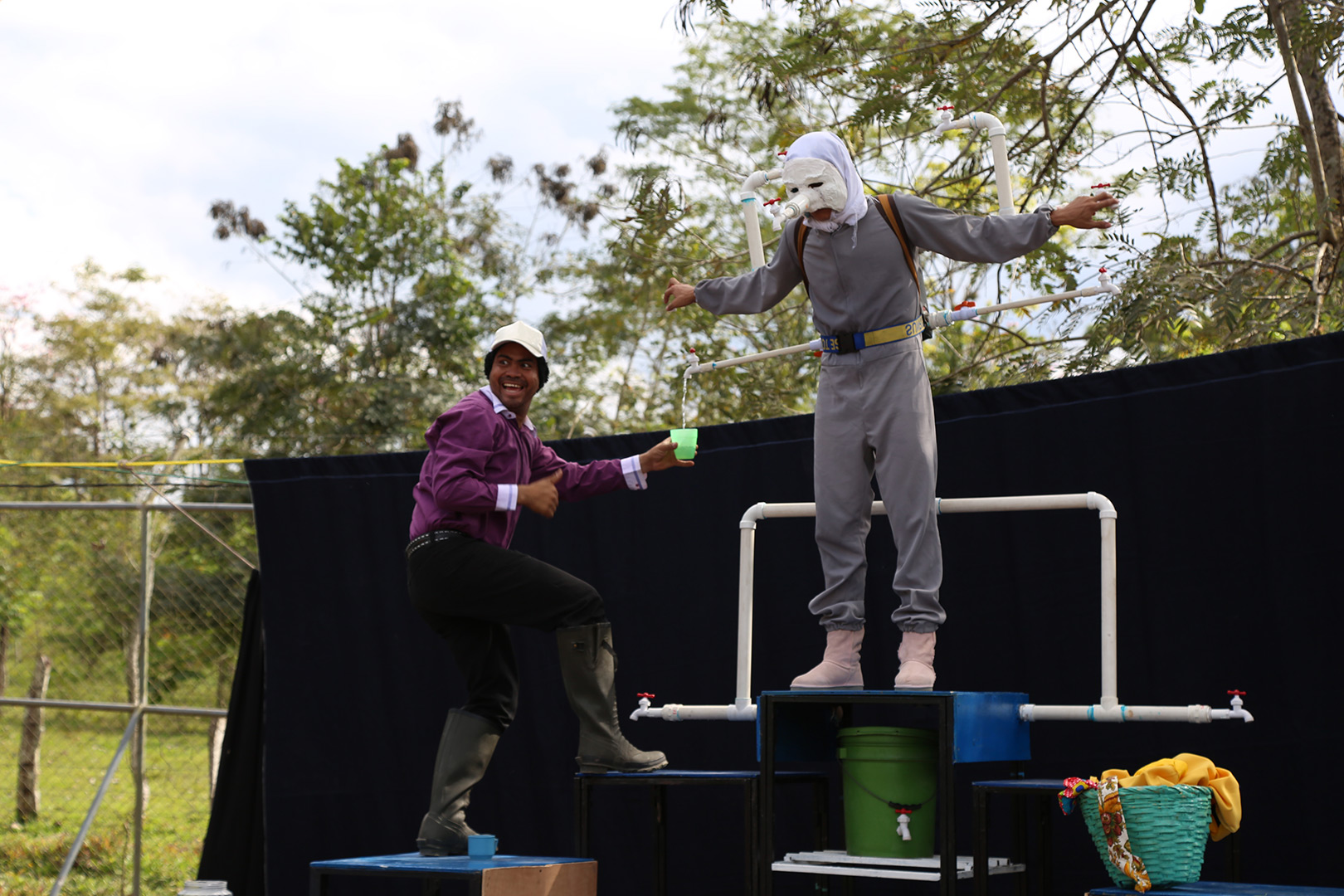
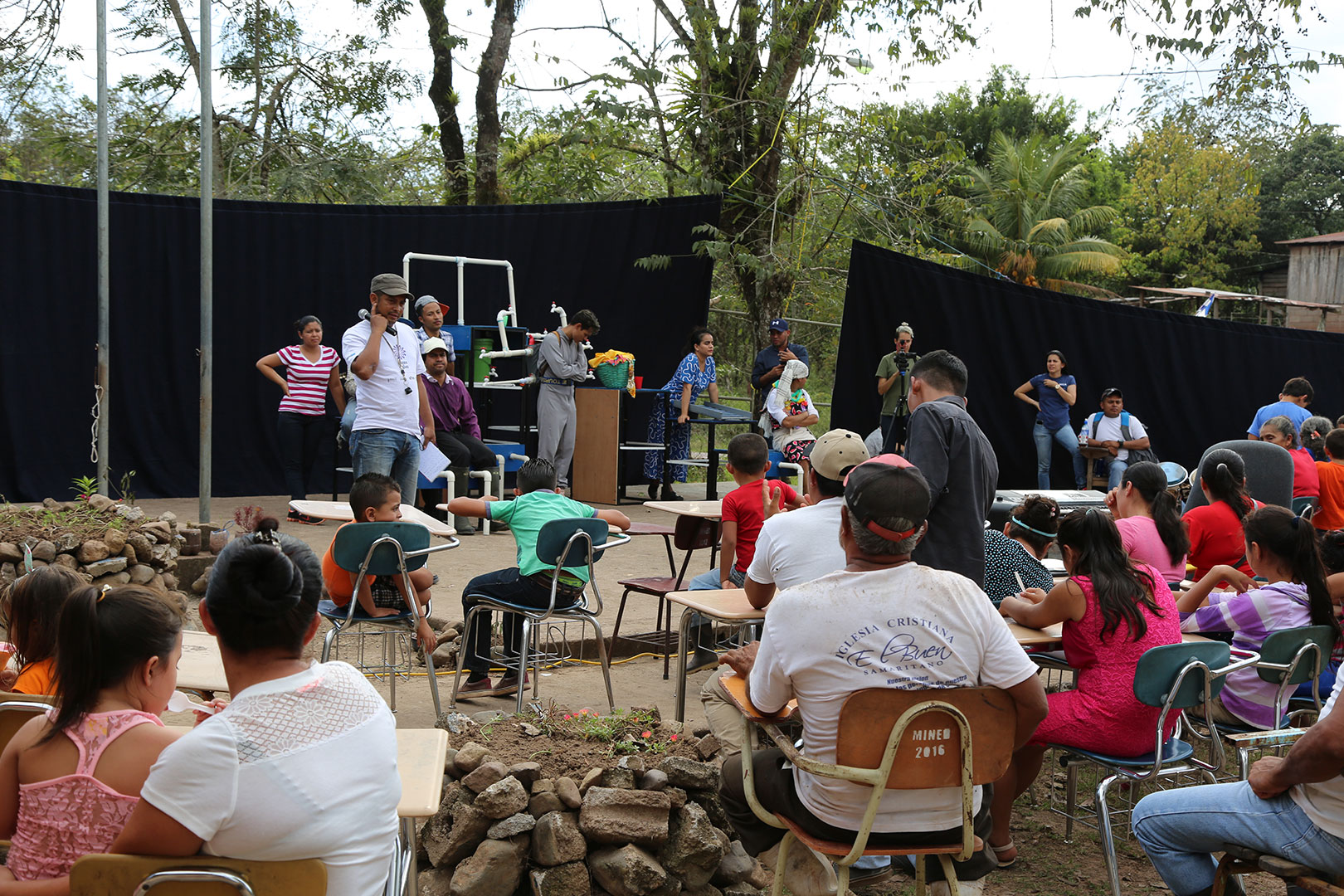




Robin Centeno, nurse at San Pablo Health Centre in Tasba Pri, Nicaragua.

Robin Centeno, nurse at San Pablo Health Centre in Tasba Pri, Nicaragua.

Theatre play Tranquilo Tranquilino, 2019. Credit: WaterAid / Eduardo Rodriguez

Theatre play Tranquilo Tranquilino, 2019. Credit: WaterAid / Eduardo Rodriguez
Rufinia, en Nicaragua, accede a agua potable y adquiere nuevas habilidades (subtitles in Spanish)
A Lazos de Agua Project
As part of the Lazos de Agua Program, The Nicaragua Rural project was implemented through the A·B·C for sustainability model, improving the sustainability of the project through related interventions based on three components: Access, Behaviour Change and Capital. Component A is a coordinated effort between the municipalities of Waslala, Waspam, and Puerto Cabezas, as well as the regional government of the RACCN. The SABC interventions in Component B are carried out by the artists groups Mujeres Creativas Lapta Yula, Traca Traca, El Bosque, Zankistas Fuego y Son, and Colectivo Arte Ceibo. In Component C, WaterAid, the project implementer, collaborates with Pana Pana, in Puerto Cabezas and Waspam, and Cooperativa Caja Rural Mano a Mano and Fundenuse in Waslala.
Access
- The aim is to increase access to water and sanitation services that are safely and sustainably managed.
Behaviour change
- This project has fostered key WASH-related behaviours through SABC interventions, including drinking water treatment and safe storage, handwashing with soap and water at key moments, and payment of the water and sanitation services tariffs.
Capital
- This project creates an enabling environment by developing WASH-specific financial products, by strengthening the WASH supply chain, by supporting market-based solutions including entrepreneurship training and micro-loan promotion campaigns.
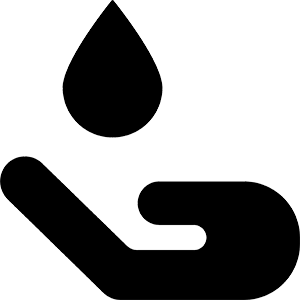
23,531 people

20, 904 people
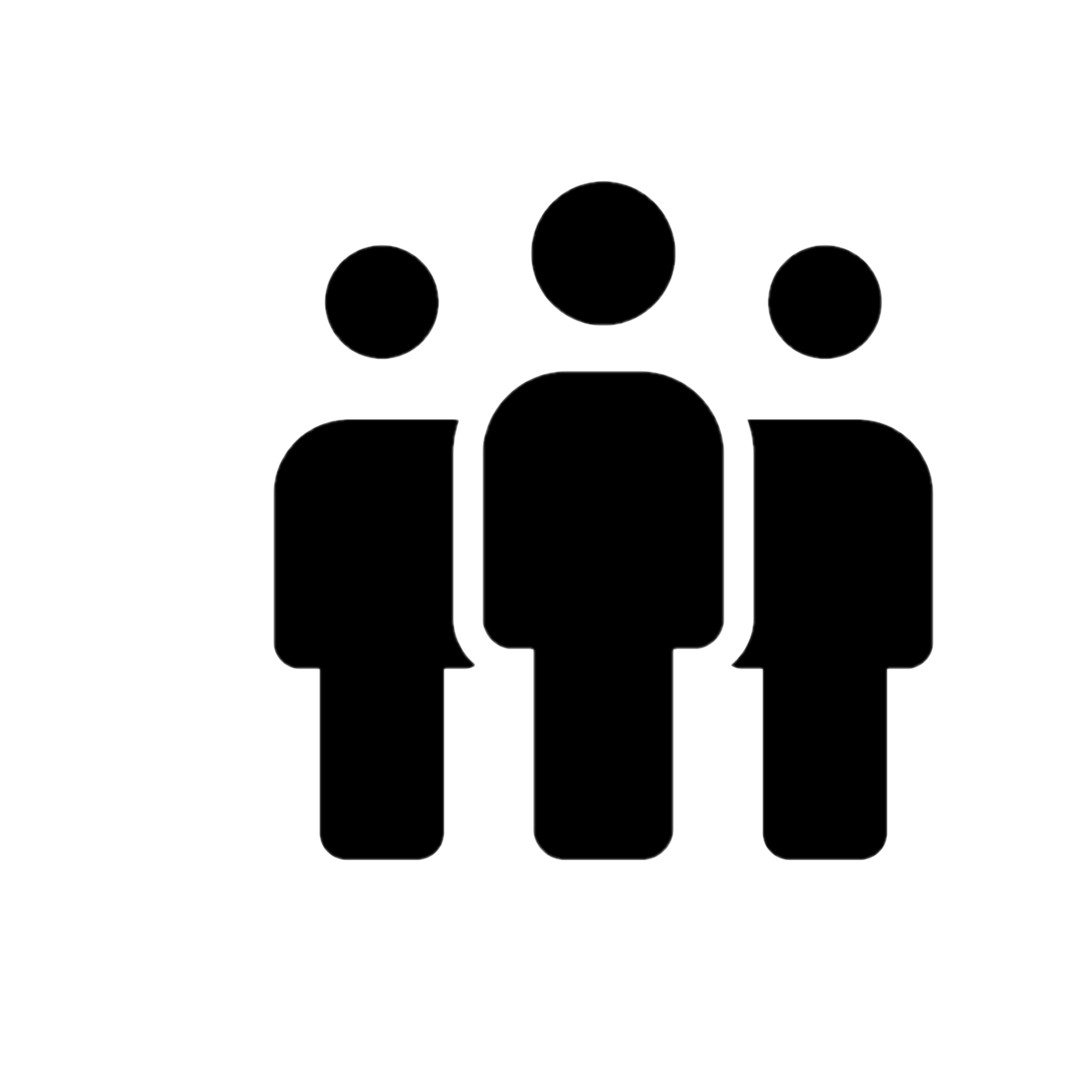
113 women & 80 men
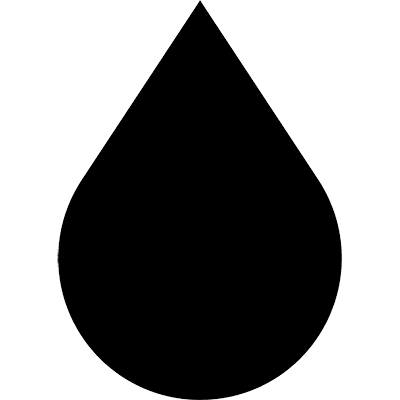
527 systems of drinking water, and 760 sanitation facilities
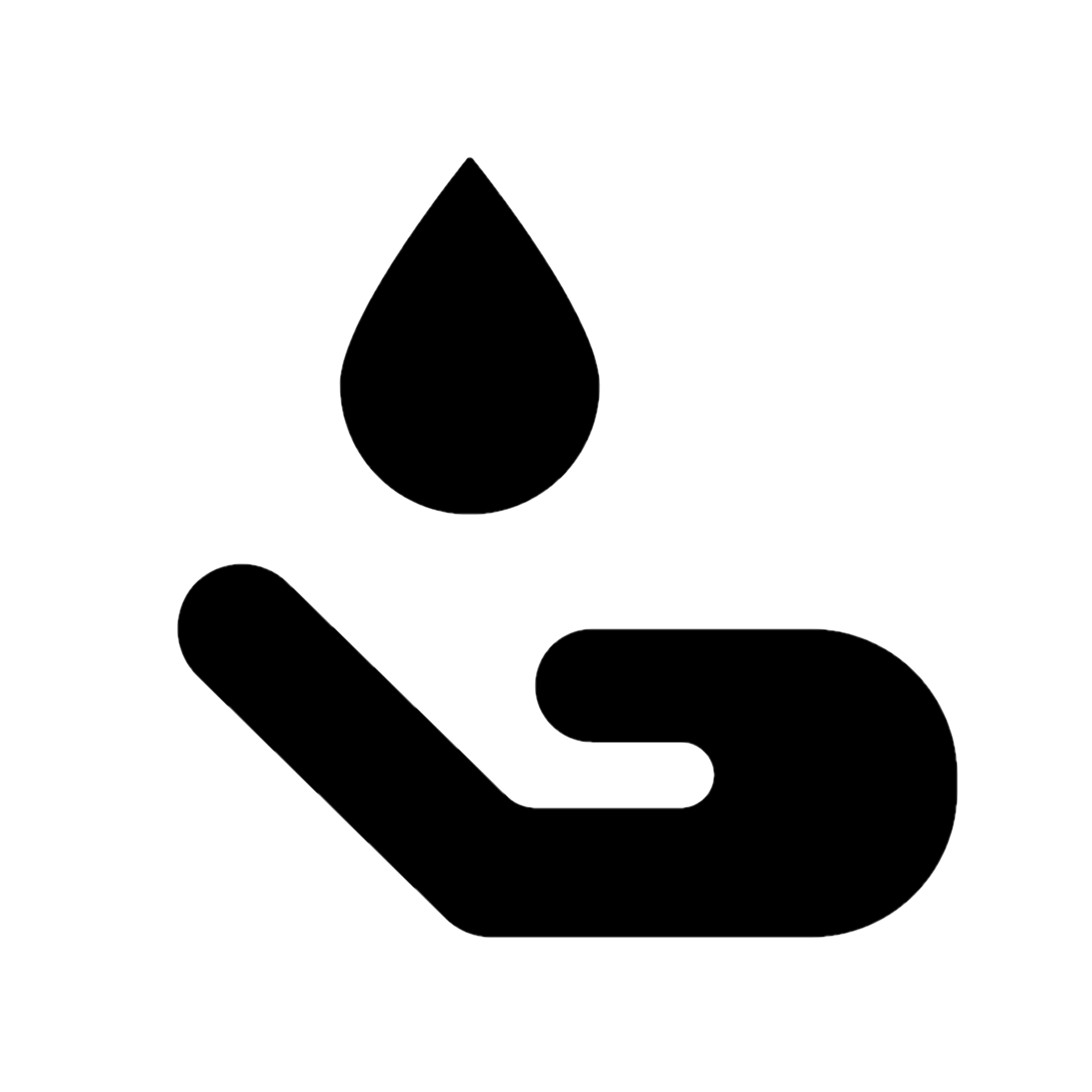
56 local WASH service providers